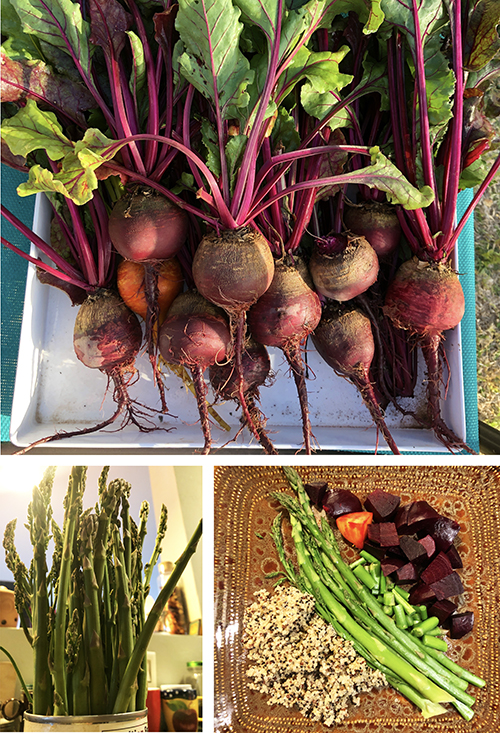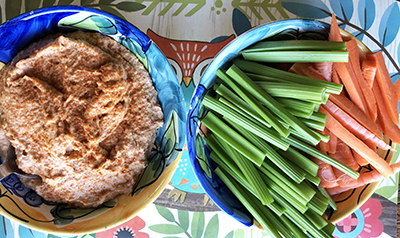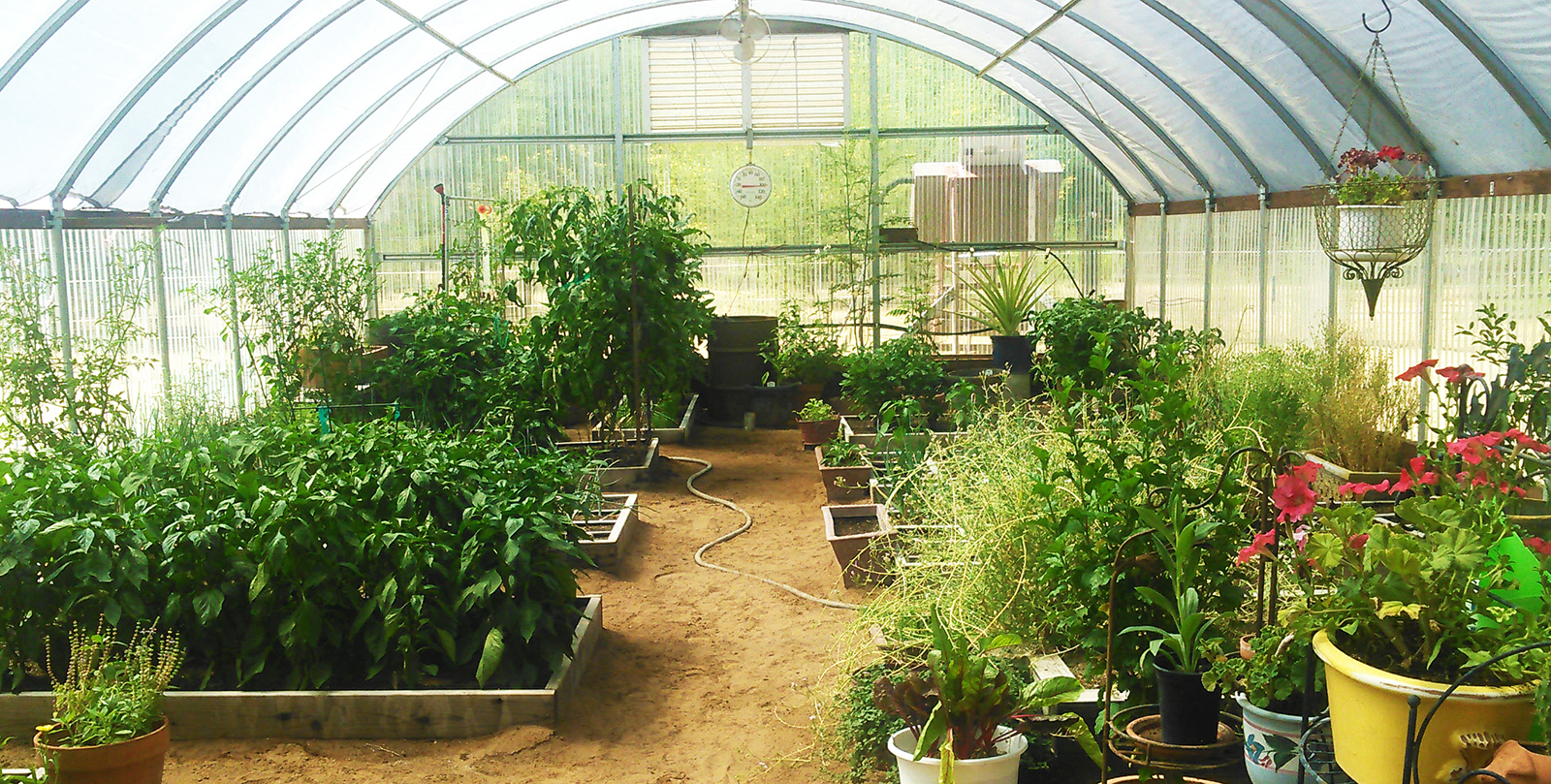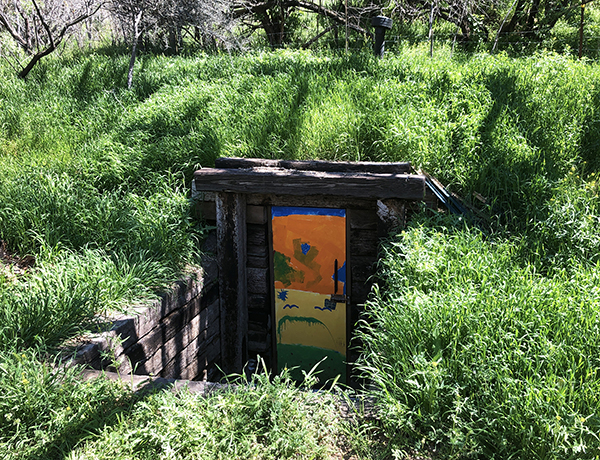 At Shanti Omstead, we practice Farm-to-Table dining, serving up delicious organic produce grown in our greenhouse and outdoor garden areas all year-round! In our large front garden you’ll find strawberries, potatoes, tomatoes, several kinds of peppers,squash, onion, garlic, beans, peas, cauliflower, broccoli, cabbage, eggplant, beets, as well as black berries, goji berries and grapes.
At Shanti Omstead, we practice Farm-to-Table dining, serving up delicious organic produce grown in our greenhouse and outdoor garden areas all year-round! In our large front garden you’ll find strawberries, potatoes, tomatoes, several kinds of peppers,squash, onion, garlic, beans, peas, cauliflower, broccoli, cabbage, eggplant, beets, as well as black berries, goji berries and grapes.
The greenhouse offers several varieties of leafy greens, culinary and medicinal herbs, as well as many more vegetable varieties that we rotate or seasonal adaptation and enjoy a continuous bounty of fresh fruits and veggies every day!
The greenhouse has a controlled micro-climate for year-round growing, and is also a great habitat for toads and lizards that eat the bugs and maintain a healthy growing environment.
The cold cellar is an underground 6′ corrugated stainless steel culvert sealed tight with shelves to store staples such as rice, grains, beans, onions, potatoes, as well as home-canned preserves, vegetables and fermented foods.
The orchard produces tons of different deciduous fruit, pomegranate, almonds, pecans, fig, mulberry, etc. We preserve as much as we can by dehydrating, canning and sharing our yield within our community of friends and family.
We also have a surplus of organic heirloom seeds that we save and rotate in 2 refrigerators. By journaling everything we plant and harvest, we’re able to determine the best growing practices and most tasty produce so we can continue to create a bountiful supply of food to last through every season.
We’ve been making biochar and implementing into the gardens, as well as compost, manure, and a good organic soil base. Biochar is a charcoal-like substance that’s made by burning organic biomass in a controlled process called pyrolysis. Although it looks a lot like common charcoal, biochar is produced using a specific process to reduce contamination and safely store carbon. Soaked in compost tea, and ground down to viable particles in the soil, it can improve soil fertility, which stimulates plant growth. Due to its ability to retain soil nutrients for long periods of time, biochar reduces the need for chemical fertilizers.





